The COVID pandemic upended every aspect of our lives, including the workplace. Employees were suddenly sent home for a new normal and lots of Zoom calls. Now, as the smoke clears, many decided they didn’t want to go back.
According to the U.S. Bureau of Labor Statistics, over 4 million people left their job in August alone, and that’s on top of millions more who did the same earlier this year — a mass exodus being called The Great Resignation — and some aren’t returning.
How do employers staunch this exodus, and how do they cope after it’s happened?
How to Prevent Staff Exodus
Work on Yourself: As you’ll see from the other tips below, workplaces must become more employee-centric. Employers need to adjust their cultures and processes to keep employees happy and engaged.
The essential guiding principle these days is to be the type of place people want to work and, more importantly, the type of workplace people brag about — a goal that’s easier said than done, though not if you follow the tips below.
Listen Up: Most employees leaving their jobs these days have one thing in common: They felt unappreciated, like cogs in a machine.
To maintain staff morale, employers must open channels of communication so that employees feel respected and involved in these tumultuous times. Employees want to know they are part of the thought process, not an afterthought.
Luckily this is an easy fix: You just need to start listening to what your team says, validating their concerns and thoughts, and making sure you and your colleagues work to make them comfortable and consulted.
You’ll be astonished how fast your company culture — and staff morale — improve.
Become a Training Ground: There was a time when employees sought fun workspace: They wanted Ping-Pong tables, well-stocked kitchens, and video games that made the office more relaxed and playful. Those days are over. Survey after survey finds employees would rather have training, career development, and routes toward growth in their workplace. They want to feel as though their efforts lead to new opportunities and knowledge within the organization.
In short, to keep employees, employers must create space for them to advance. They want to feel like their work is leading to something — not just a paycheck. To help them, consider reevaluating how promotions and other growth opportunities are structured to make sure everyone in every department has room to grow.
If not, they’ll grow right out the door.
Watch for Burnout: We all know what burnout feels like inside, but can you spot it among your staff and colleagues? Irritability, loss of interest or creativity, negativity and self-doubt are all common indicators of burnout.
If you see or sense your team’s being worn down, let them know you empathize and then listen to their solutions. Maybe it’s paid time off. Maybe it’s switching assignments or reducing hours.
Whatever the potential answer, be open minded. It’s much easier to keep existing employees than to find new ones, especially if the workplace culture has a reputation as being too demanding.
It’s All About Connections: Along those lines, employees are more likely to stay in a job if they feel like it’s a community.
To help nurture strong workplace relationships, organize fun social gatherings online or off. Perhaps it’s a trip to the local state fair, an online happy hour, or maybe it’s a virtual movie night — everyone watching the same film on Netflix and discussing after.
The goal is to engage employees as peers in a way that emphasizes good old fashioned fun, rather than pragmatic “team building.”
By nurturing authentic, work-agnostic friendships among the team, employers will create a more stable, trusting, and collaborative workplace staff won’t want to leave.
Be Flexible: As more people become vaccinated, more employers are demanding a return to office life.
Unfortunately, not all employees are ready or willing to return to the traditional workplace. It could be they’re immunocompromised or that they lost their childcare or maybe it’s simply trauma from the pandemic or that they simply work better in their own space.
Either way, employers should be flexible and open-minded in terms of accommodating new models of work, otherwise the employee may opt out and find someplace more aligned with their post-pandemic preferences.
Be Transparent: This one relates back to listening and “training ground.” Both are about being open and honest with employees, something employees actively seek in work places. No one wants to work in a place where executives make unilateral decisions or keep secrets. Those decisions impact employees’ lives, so it’s best to make sure they’re in the know from the get-go, or they may just up and leave for a place that’s more transparent.
How to Rebuild Staff
If your staff has scattered and you’re in need of a new team, here are a few tips on how to rebuild for this new reality.
Don’t Repeat Mistakes: Similar to the above note about “working on you,” Harvard Business Review reminds employers to create a new culture post-pandemic, rather than trying to recreate the one they lost. Employees and all of society changed over the past two years; what worked before won’t necessarily work again, especially with employees now taking a more expansive view of their lives and where work fits in.
Broaden Your Parameters: You probably had an ideal candidate in mind prior to the pandemic. You may have even drawn your team from only one type of school or one type of background. That may no longer be an option. With so many people opting out of the workforce, you may find your “ideal” is no longer around. That doesn’t mean, however, that there’s no actual ideal worker out there.
As employers rebuild their teams, they’re encouraged to broaden their own thinking of employee value. Embracing a diversity of experiences, perspectives, and backgrounds will create a more inclusive, nimble team that operates in ways a homogenous team could never imagine.
Be Responsive: Related to the earlier comments on being empathetic and open-minded, rebuilding a post-pandemic team requires being responsive to changing conditions. For example, if COVID transmission rates are rising and the team wants to transition to work from home, be open to it. Or maybe the issue is something else, like the team you envision isn’t working out the way you imagined. Would it be helpful to switch some people’s duties, rather than the people themselves? The key is to remain receptive and empathetic at all times.
Emphasize Potential: Again, employees want avenues for workplace growth. Be sure to highlight the growth opportunities in all positions, from executive to janitorial. You may be surprised by how much more enthusiastic and hopeful your applicants are than if they know the position is more than just a one-stop job.
Ask for Feedback: Similarly, business success depends on listening to employee feedback. Ask them how they feel the structure and processes are working for them.
More than that, ask them for suggestions on what traits they’d like to see in another team member. Does your team think it’s lacking in any way? For example, would they be better off with a stronger writer?
Also, along those lines, consult the team when making new hires — maybe they know some compelling candidates you may not find otherwise.
Incentivize: While perks like ping-pong tables are out, more practical perks, i.e. sharing child care costs or paid time off, can go a long way in drawing in strong candidates. The key is to acknowledge that employees want a better work/life balance than the pre-pandemic era, and to make sure you can deliver that balance.
By taking these steps you can retain and rebuild your workforce to weather the “Great Resignation.”
About Paragon
Paragon is a premier legal services firm providing interim in-house counsel to leading corporate legal departments.
Paragon attorneys have deep experience in a wide range of practice areas — including privacy, employment, and intellectual property — and are ready to help your legal team tackle its next challenge.
Whether you’re looking for specific expertise, the flexibility to move attorneys between teams, or assistance during a hiring freeze or tight budget period, Paragon has you covered.
Contact us to learn more about Paragon and our attorneys.


